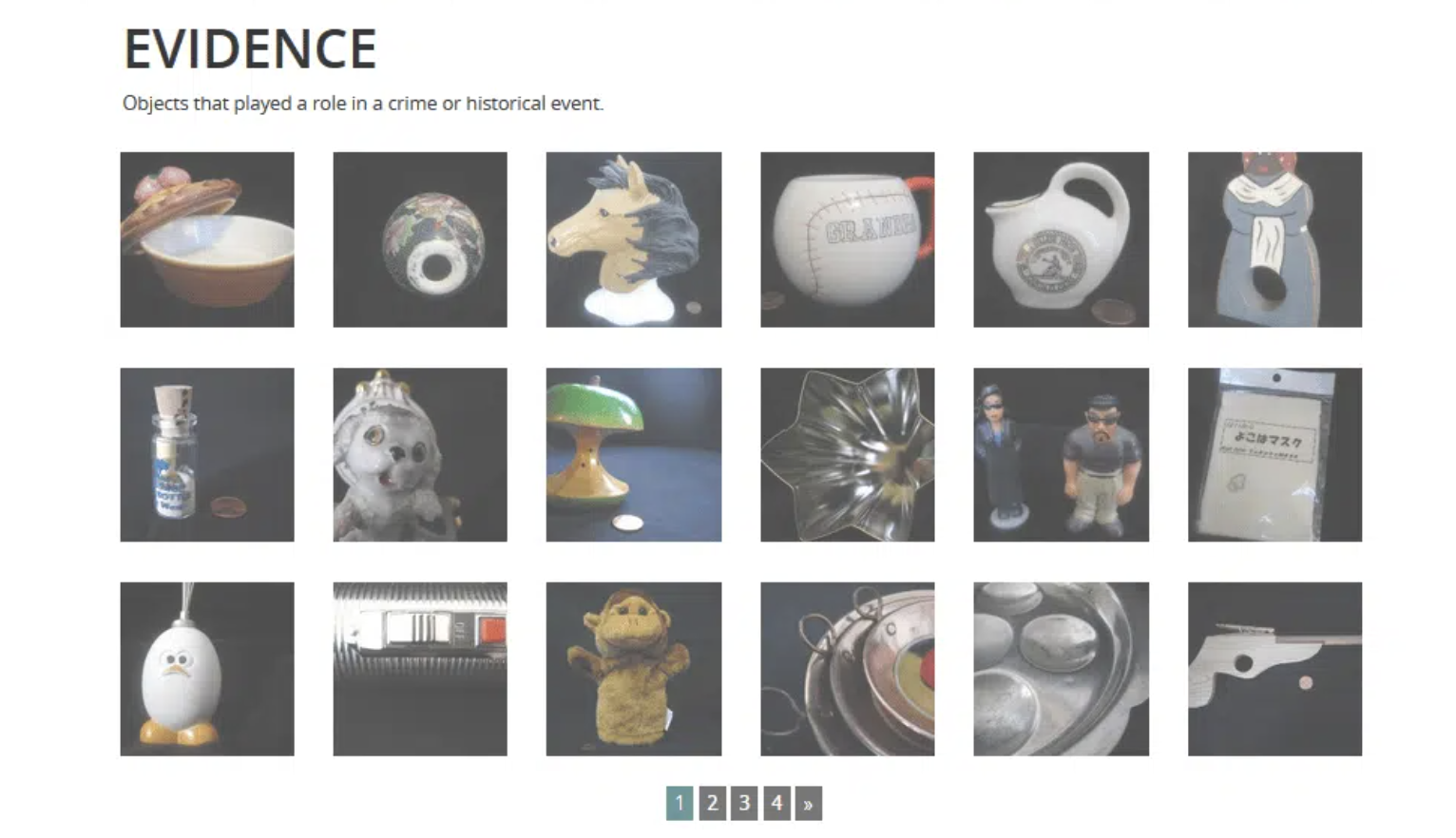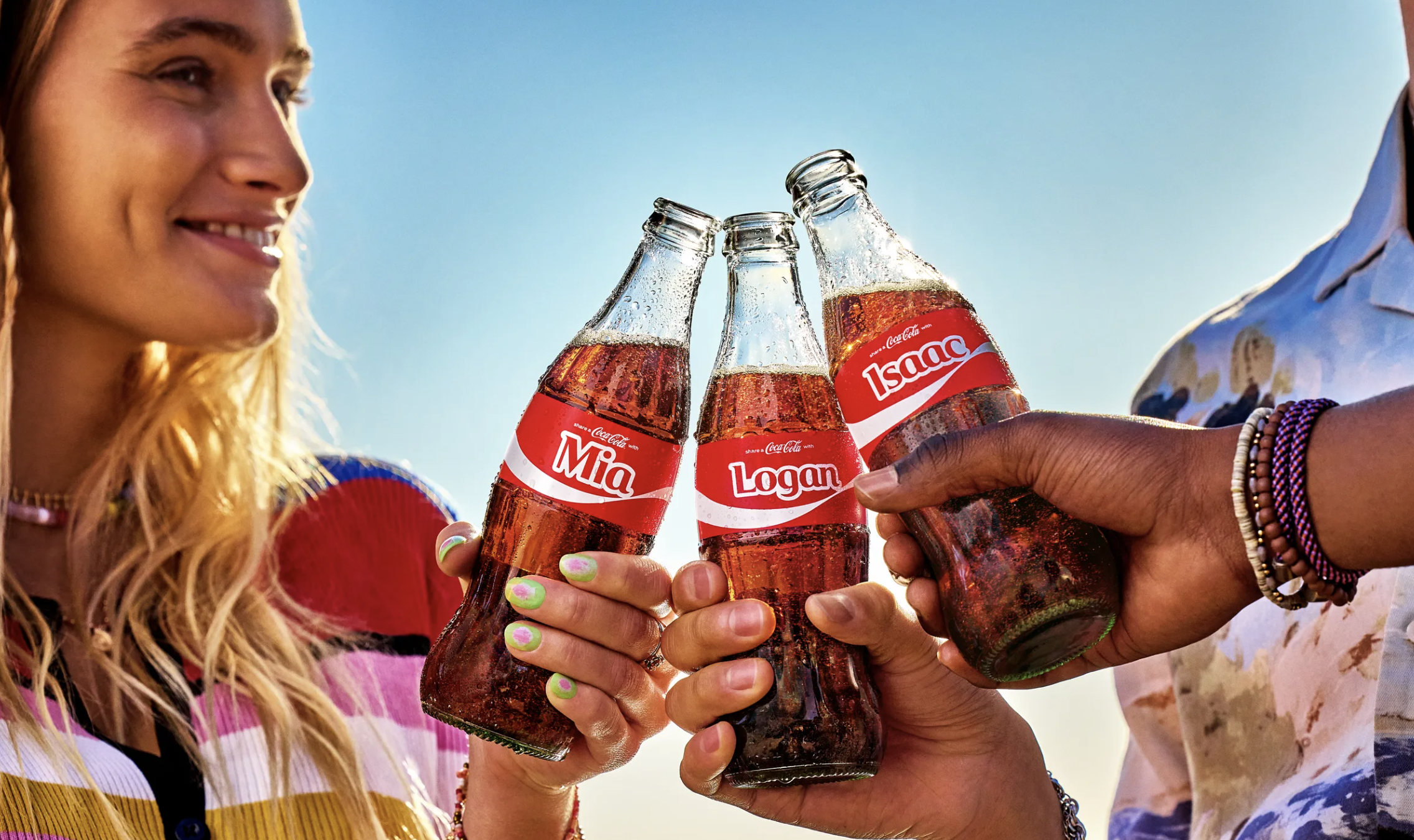The power of storytelling in marketing
Back in 2009, Rob Walker of The Washington Post and Joshua Glenn of The New York Times launched the Significant Objects Project, driven by the belief that “stories are such a powerful driver of emotional value that their impact on an object’s perceived worth can actually be measured objectively.” The results might shock you:
Random items they used for the project
For the project, they bought 100 ordinary, insignificant objects for a total of $129. They then invited a range of writers from journalists and mommy bloggers to bestselling authors, to craft unique fictional backstories for each of these otherwise valueless items. They then listed the objects for sale online and sold out for a total of $3613.
This represented an average of 2700% increase in perceived value.
Although the objects themselves were simple trinkets from second hand stores and garage sales, the power of storytelling elevated their worth nearly 27 times over.
In other words, buyers weren’t paying for the object. They were paying for the story behind it. That’s how much storytelling truly influences human behavior.
Storytelling isn’t just another “nice to have” tool in a marketer’s kit. It should be woven into every layer of your content strategy. Because in the end, nothing moves people like a good story.
Storytelling Makes Your Brand More Relatable
Too often, marketers rely on facts, figures, features, and brand attributes - aiming to appeal to a customer’s rational thinking. While these elements have their place, they can easily overwhelm or fail to engage the audience.
What’s far more effective is using stories to build a genuine, relatable connection with your audience. People connect with stories because they add context, spark emotion, and foster empathy. Stories humanize your brand. In today’s landscape, knowing how to craft a strong brand story is one of the most valuable skills a marketer can develop.
Take Coca-Cola’s well-known “Share a Coke” campaign as an example. By simply adding customers’ names to their bottles, Coca-Cola created a personal connection, making the brand feel more relatable and meaningful to its audience.
The campaign was a massive success, with over 150 million personalized bottles sold. In the U.S. alone, it helped boost sales by more than 2%, reversing over a decade of declining Coke consumption.
That’s the power of storytelling - our brains are wired to engage with it.
Research shows that when we’re presented with straight data, only the language centers of our brain are activated to process it. But when we hear a story, not only do language centers light up, so do the parts of the brain that would activate if we were actually living the experience ourselves.
The reason some pieces of art gain massive valuations and continue to increase in value over time is less about the artwork itself and more about the story behind it, the artist’s journey, the cultural significance, or the narrative built around the piece.
Stories has always been a driving force of humanity
Dale Carnegie mentions in his bestselling book How to win friends and influence people:
“When dealing with people, let us remember we are not dealing with creatures of logic. We are dealing with creatures of emotion”
Emotion is a powerful motivator in marketing. When you effectively tap into your customer’s emotions, you can inspire them to take action. Successful storytelling can elicit positive emotions about your brand because it allows you to create a narrative that resonates with your audience on a much deeper level.
Storytelling Builds Trust
Authenticity and trust are essential components in marketing. When customers trust your brand, they’re more likely to do business with you and recommend your products or services to others, and it can build brand loyalty over time.
The key to building trust with your target audience is ensuring the message is authentic. Your brand story should be true to who you are as a brand, not fabricated or exaggerated. Transparency and authenticity show that the brand is honest and open about its operations, which can help customers feel more confident in their relationship with the brand.
Bottom line: Successful storytelling can help you build trust with your target audience as your brand becomes more trustworthy and consumers relate to the brand’s value and mission, leading to stronger ROI.
If a good story can create perceived value out of thin air for a valueless product, imagine the power of storytelling when applied to products and services that already offer value. Especially in values-driven markets like the Muslim consumer market, where storytelling matters even more, as trust, community, and shared values deeply influence buying behavior
At Viramira, we help you craft and showcase your brand story through authentic partnerships with Muslim influencers who can bring your message to life. Together, we create narratives that resonate with your audience and build lasting connections.
Let’s explore how storytelling can elevate your next campaign. Reach out to us by filling out the form under:



